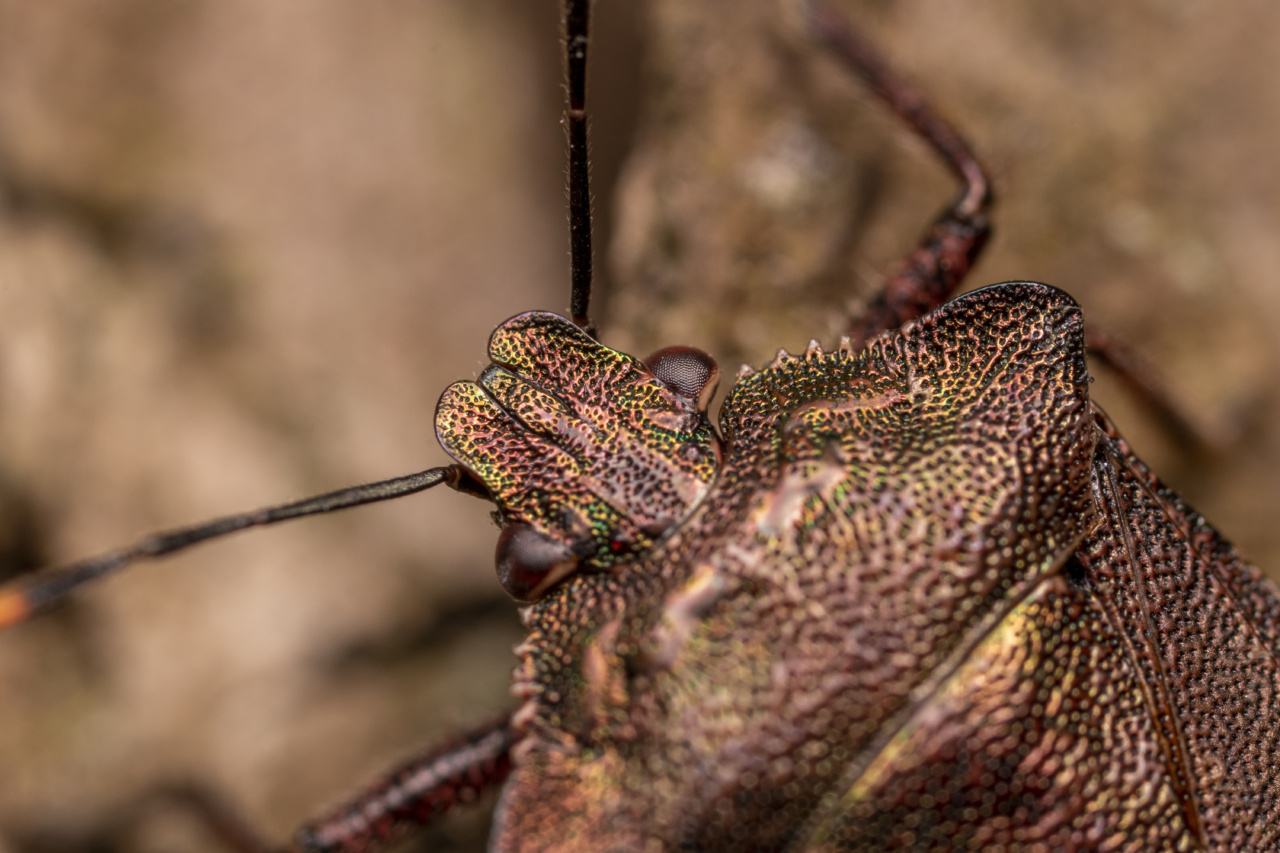Insect bites are a common issue that many children face, especially during the warmer months. While most insect bites are harmless and only cause mild irritation, some can lead to more serious complications.
As a parent, it’s essential to know how to deal with insect bites effectively. To help you with this, we spoke to pediatrician Marialena Kyriakakou, who shared her expert tips on handling insect bites in children.
1. Identify the Culprit
When your child gets bitten by an insect, the first step is to identify the culprit. Different insects leave distinct bites, and knowing what bit your child can help determine the appropriate treatment.
Common culprits include mosquitoes, ants, fleas, ticks, and spiders.
2. Clean the Area
After identifying the bite, it’s vital to clean the affected area with mild soap and water. This gentle cleansing will help prevent infection and remove any dirt or irritants that may be present on the skin.
3. Reduce Swelling
To reduce swelling, you can apply a cold compress or ice pack to the insect bite. This will help alleviate any discomfort or pain your child may be experiencing.
Be sure to wrap the ice pack in a thin cloth to prevent direct contact with the skin, which can cause ice burns.
4. Avoid Scratching
It’s crucial to prevent your child from scratching the insect bite, as this can lead to further irritation and potential infection.
Teach your child to resist the temptation to scratch and apply a gentle antiseptic cream or lotion to help relieve itching.
5. Over-the-Counter Remedies
There are a variety of over-the-counter remedies available for treating insect bites. These include creams, ointments, gels, and sprays containing ingredients such as hydrocortisone or calamine lotion.
However, it’s essential to consult with a healthcare professional or pharmacist before using any of these products on young children.
6. Natural Remedies
If you prefer to use natural remedies, several options can help alleviate the symptoms of insect bites. Aloe vera gel, tea tree oil, witch hazel, and baking soda paste can provide relief from itching, inflammation, and pain.
Always test a small area of skin before using any natural remedies to ensure your child doesn’t have an allergic reaction.
7. Use Protective Clothing and Insect Repellents
Prevention is key when it comes to insect bites. Encourage your child to wear long sleeves, pants, and socks when spending time outdoors, especially in areas known for high insect activity.
Apply a child-safe insect repellent to exposed skin, following the instructions carefully. Avoid using repellents on infants under two months old and never apply them to the hands, near the eyes, mouth, or open wounds.
8. Address Severe Reactions Immediately
While most insect bites cause mild irritation, some individuals can have severe allergic reactions.
If your child experiences symptoms such as difficulty breathing, swelling of the face or throat, dizziness, or a rapid heartbeat, seek immediate medical attention. These signs may indicate a severe allergic reaction known as anaphylaxis.
9. Watch for Signs of Infection
If the insect bite becomes increasingly red, warm to the touch, or starts to discharge pus, it may be infected. Keep a close eye on the affected area and consult with a healthcare professional if you suspect an infection.
They may recommend antibiotic ointment or oral antibiotics if necessary.
10. Follow Up with Vaccinations
In some cases, insect bites can transmit diseases such as Lyme disease or West Nile virus. It’s important to follow up with your child’s pediatrician to ensure they are up to date with all necessary vaccinations.
Some vaccines can provide protection against insect-borne diseases.



























